Inflammation can be both good and bad. On one hand, it helps your body defend itself from infection and injury, but on the other hand, chronic inflammation can lead to weight gain and disease. Stress, unhealthy inflammatory foods and low activity levels can make this risk even worse. However, some foods can actually help fight inflammation. Franziska Spritzle shows us 12 that are known to support your system…
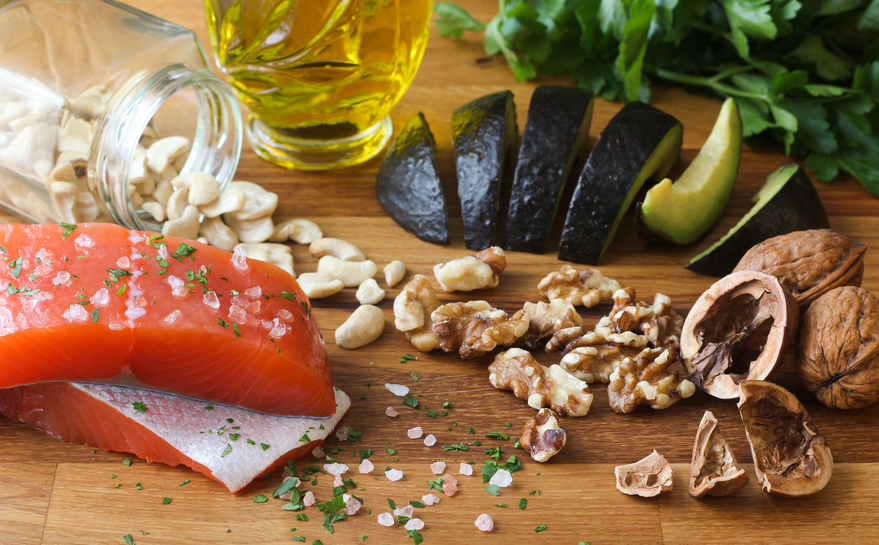
12 of the best anti-inflammatory foods
1. Berries
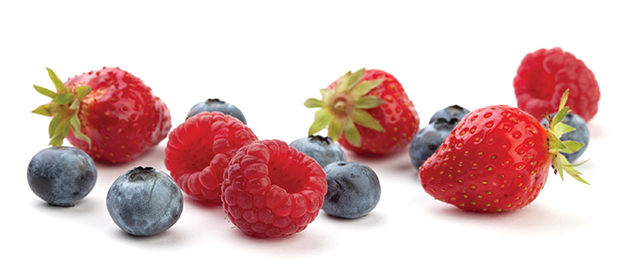
Berries are small fruits that are packed with fibre, vitamins and minerals. Berries contain antioxidants called anthocyanins. These compounds have anti-inflammatory effects that may reduce the risk of disease. Your body produces natural killer (NK) cells, which help keep your immune system functioning properly.
Bottom line: Berries contain antioxidants known as anthocyanins. These compounds may reduce inflammation, boost immunity and reduce the risk of heart disease.
2. Fatty Fish
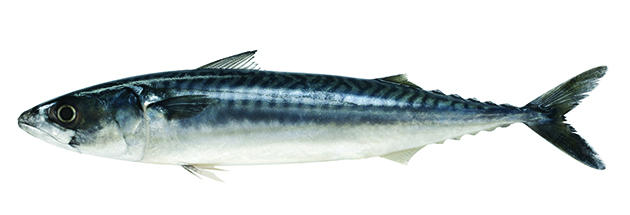
Fatty fish are a great source of protein and the long-chain Omega-3 fatty acids, EPA and DHA. Although all types of fish contain some Omega-3 fatty acids, these fatty fish are among the best sources: salmon, sardines, herring, mackerel and anchovies.
EPA and DHA reduce inflammation that can lead to metabolic syndrome, heart disease, diabetes and kidney disease, among others.
Bottom line: Fatty fish contain high amounts of Omega-3 fatty acids, EPA and DHA.
3. Broccoli
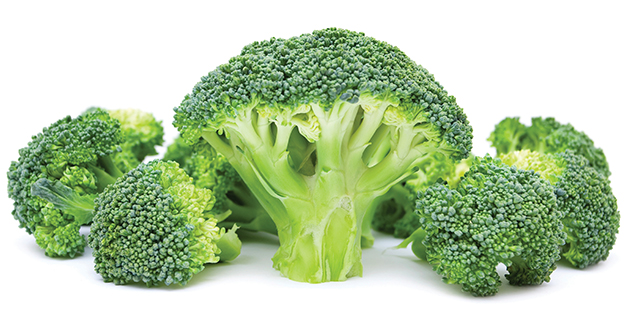
Broccoli is extremely nutritious. It’s a cruciferous vegetable, along with cauliflower, Brussels sprouts and kale. Research has shown that eating a lot of cruciferous vegetables is associated with a decreased risk of heart disease and cancer. This may be related to the anti-inflammatory effects of the antioxidants they contain.
Bottom line: Broccoli is one of the best sources of sulforaphane, an antioxidant with powerful anti-inflammatory effects.
4. Avocados
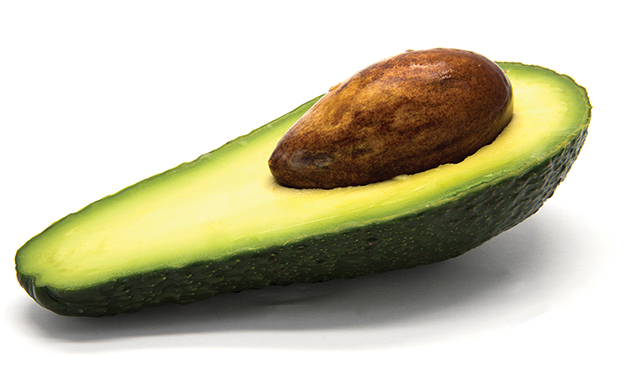
Avocados are a true ‘superfood’. They’re packed with potassium, magnesium, fibre and heart-healthy monounsaturated fats. They also contain carotenoids and tocopherols, which are linked to reduced cancer risk. When people consumed a slice of avocado with a hamburger, they showed lower levels of inflammatory markers than those who ate the hamburger alone.
Bottom line: Avocados contain compounds that protect against inflammation and can reduce the risk of cancer.
5. Cherries
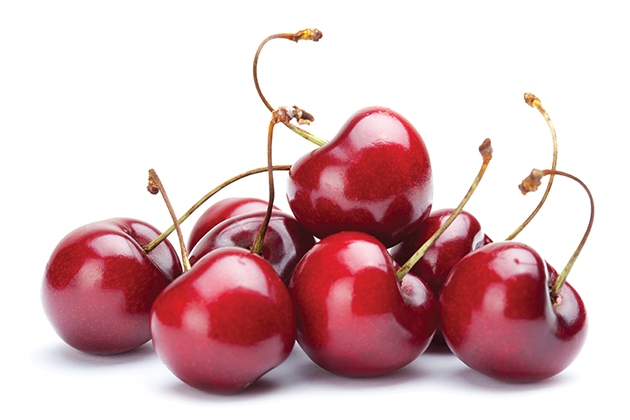
Cherries are delicious and rich in antioxidants, such as anthocyanins and catechins, which fight inflammation. Although the health-promoting properties of tart cherries have been studied more, sweet cherries also provide benefits. In one study, when people consumed 280 grams of cherries per day for one month, their CRP levels decreased and remained that way for 28 days after they stopped eating cherries.
Bottom line: Sweet and tart cherries contain antioxidants that reduce inflammation and the risk of disease.
6. Peppers
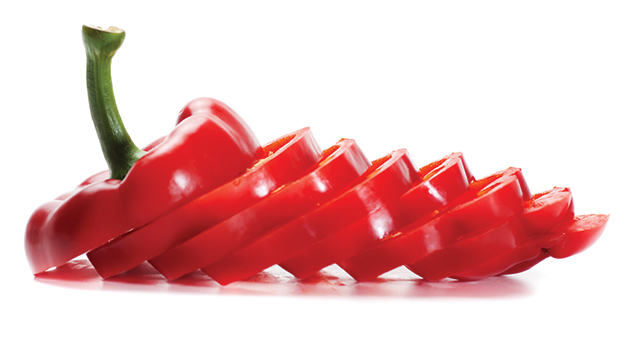
Bell peppers and chilli peppers are loaded with vitamin C and antioxidants that have powerful anti-inflammatory effects. Bell peppers contain the antioxidant quercetin, which has been shown to reduce one marker of oxidative damage in people with sarcoidosis. Chilli peppers contain sinapic acid and ferulic acid, which may reduce inflammation and lead to healthier aging.
Bottom line: Chilli peppers and bell peppers are rich in acids and other antioxidants with strong anti-inflammatory effects.
7. Mushrooms
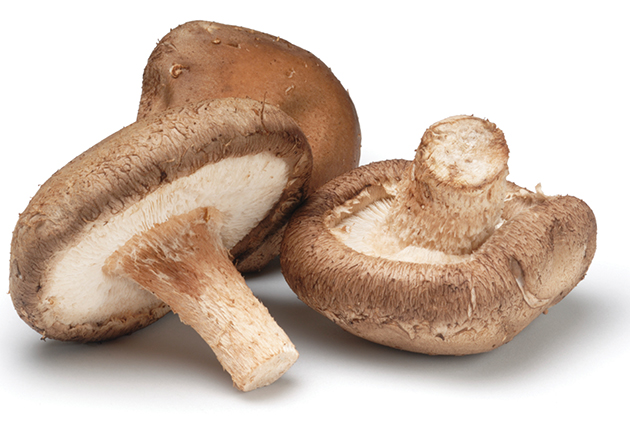
Mushrooms are fleshy structures produced by certain types of fungi. Thousands of varieties exist throughout the world, but only a few are edible and grown commercially. Mushrooms are very low in calories and rich in all of the B vitamins, selenium and copper. Mushrooms contain lectins, phenols and other substances that provide anti-inflammatory protection.
Bottom line: Mushrooms contain several compounds that may decrease inflammation. Consuming them raw or lightly cooked may help you reap their full anti-inflammatory potential.
8. Grapes
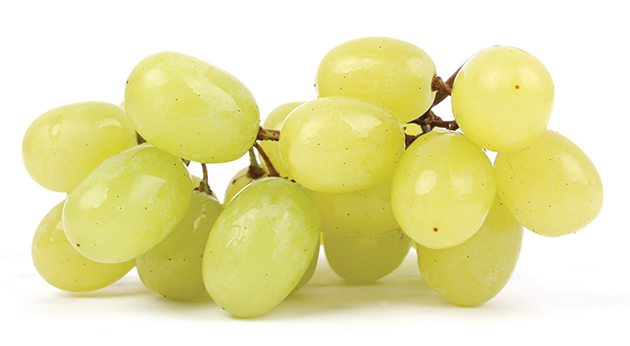
Grapes contain anthocyanins, which reduce inflammation. They may also decrease the risk of several diseases including heart disease, diabetes, obesity, Alzheimer’s disease and eye disorders. Grapes are also one of the best sources of resveratrol, a compound that has many health benefits.
Bottom line: Several plant compounds in grapes, including resveratrol, can reduce inflammation. They may also reduce the risk of several diseases.
9. Turmeric
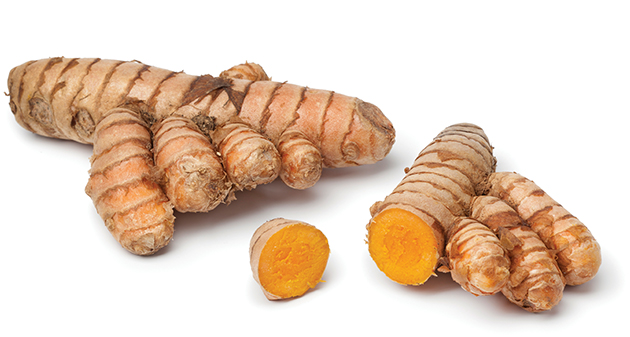
Turmeric is a spice with a strong, earthy flavour that’s often used in curries and other types of Indian dishes. It has received a lot of attention for its content of the powerful anti-inflammatory nutrient curcumin. Turmeric is effective at reducing the inflammation related to arthritis, diabetes and other diseases. Eating black pepper along with turmeric enhances the effects.
Bottom line: Turmeric contains a powerful anti-inflammatory compound called curcumin.
10. Extra-virgin olive oil
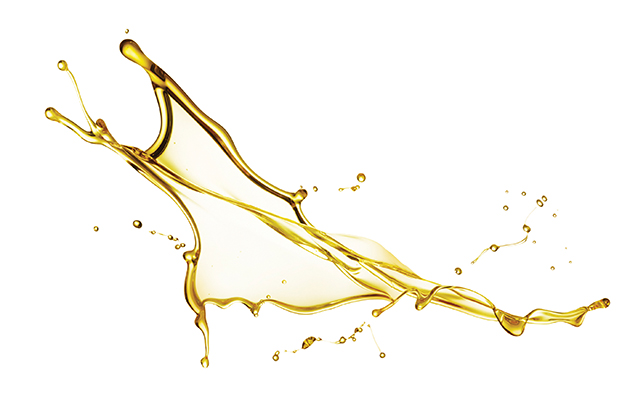
Extra-virgin olive oil is one of the healthiest fats you can eat. It’s rich in monounsaturated fats and a staple in the Mediterranean diet, which provides numerous health benefits. It’s been linked to a reduced risk of heart disease, brain cancer and other serious health conditions.
Bottom line: Extra-virgin olive oil provides powerful anti-inflammatory benefits, which may reduce the risk of heart disease, cancer and other serious conditions.
11. Dark chocolate and cocoa

Dark chocolate is delicious, rich and satisfying. It’s also packed with antioxidants that reduce inflammation. These may also reduce the risk of disease and lead to healthier ageing. Flavanols are responsible for chocolate’s anti-inflammatory effects.
Bottom line: Flavanols in dark chocolate and cocoa can reduce inflammation. They may also reduce the risk of several diseases.
12. Tomatoes

The tomato is a nutritional powerhouse. They are high in vitamin C, potassium and lycopene, an antioxidant with impressive anti-inflammatory properties. Lycopene may be beneficial for reducing pro-inflammatory compounds related to several types of cancer.
Bottom line: Tomatoes are an excellent source of lycopene, which can reduce inflammation and protect against cancer.
Find out more at www.authoritynutrition.com
